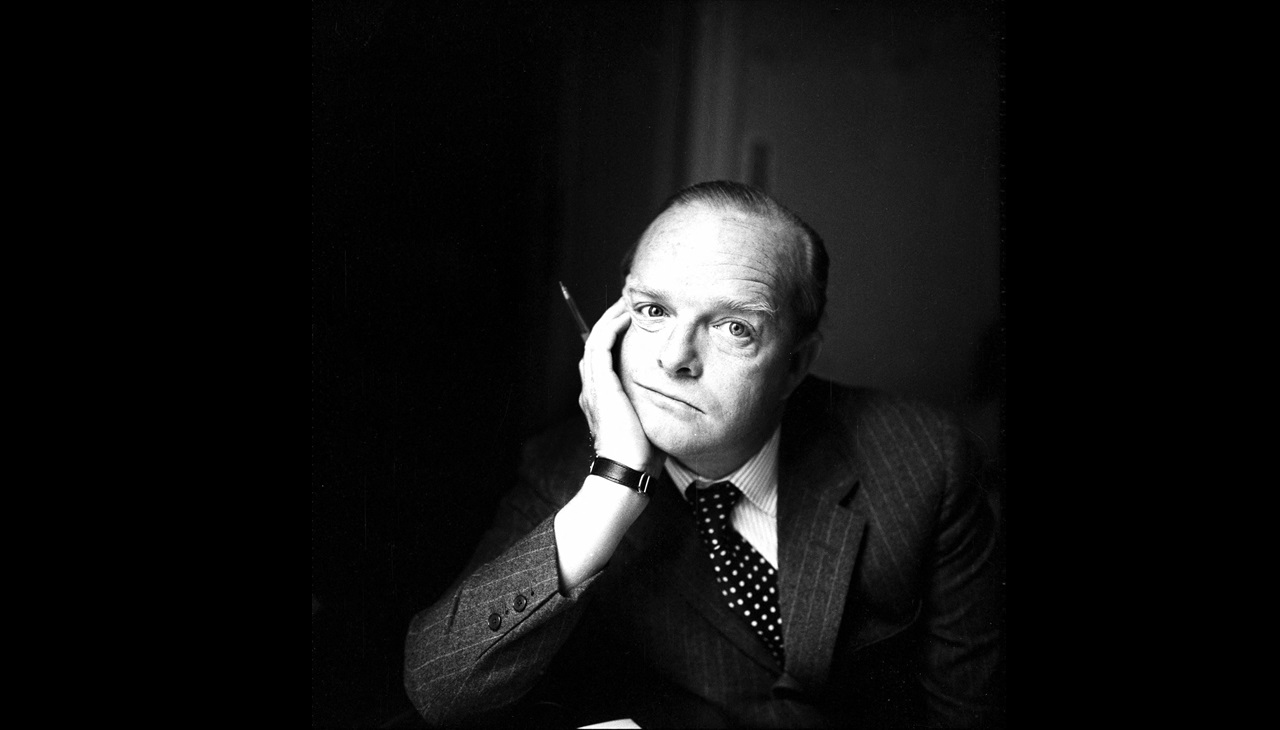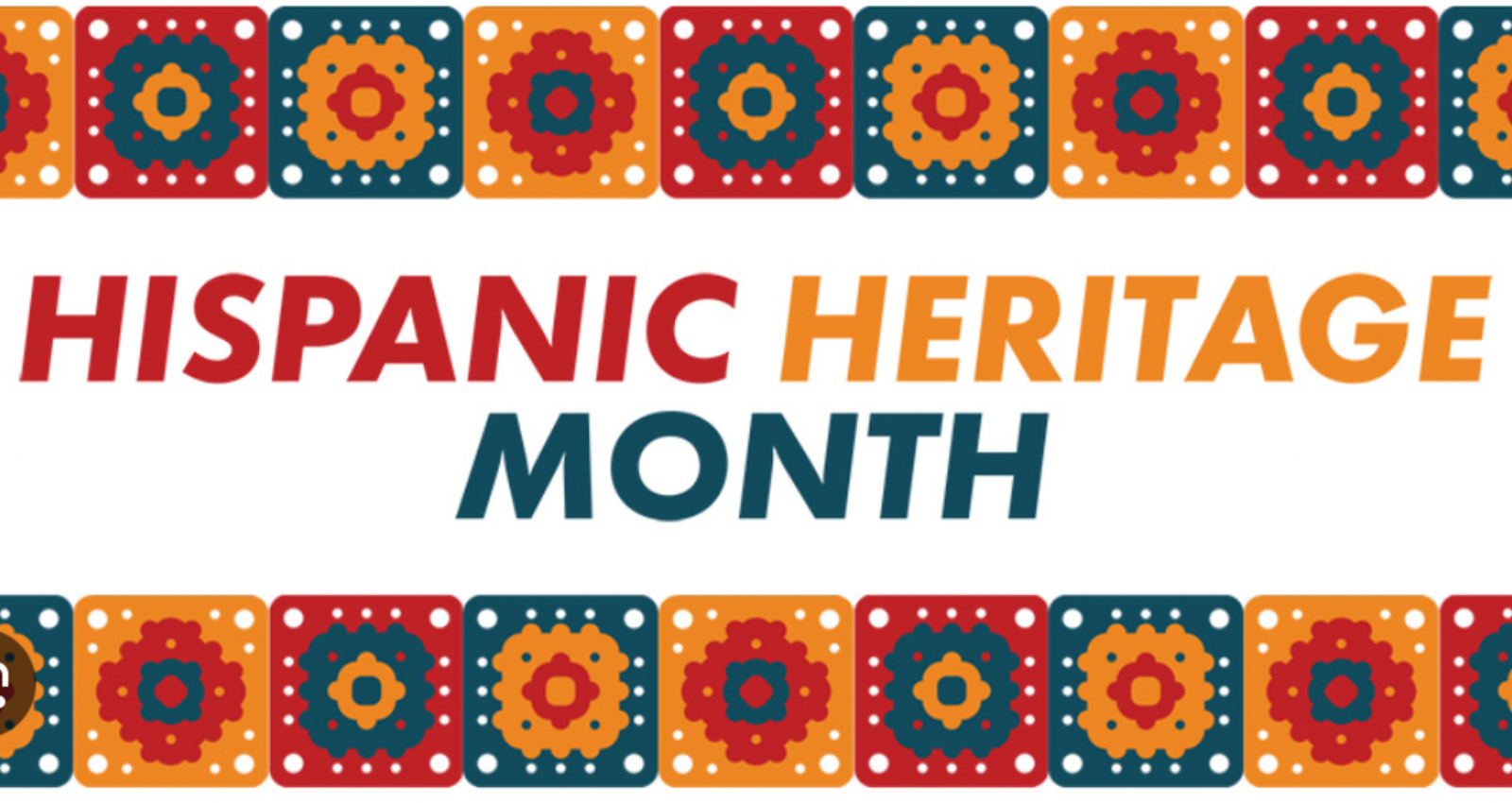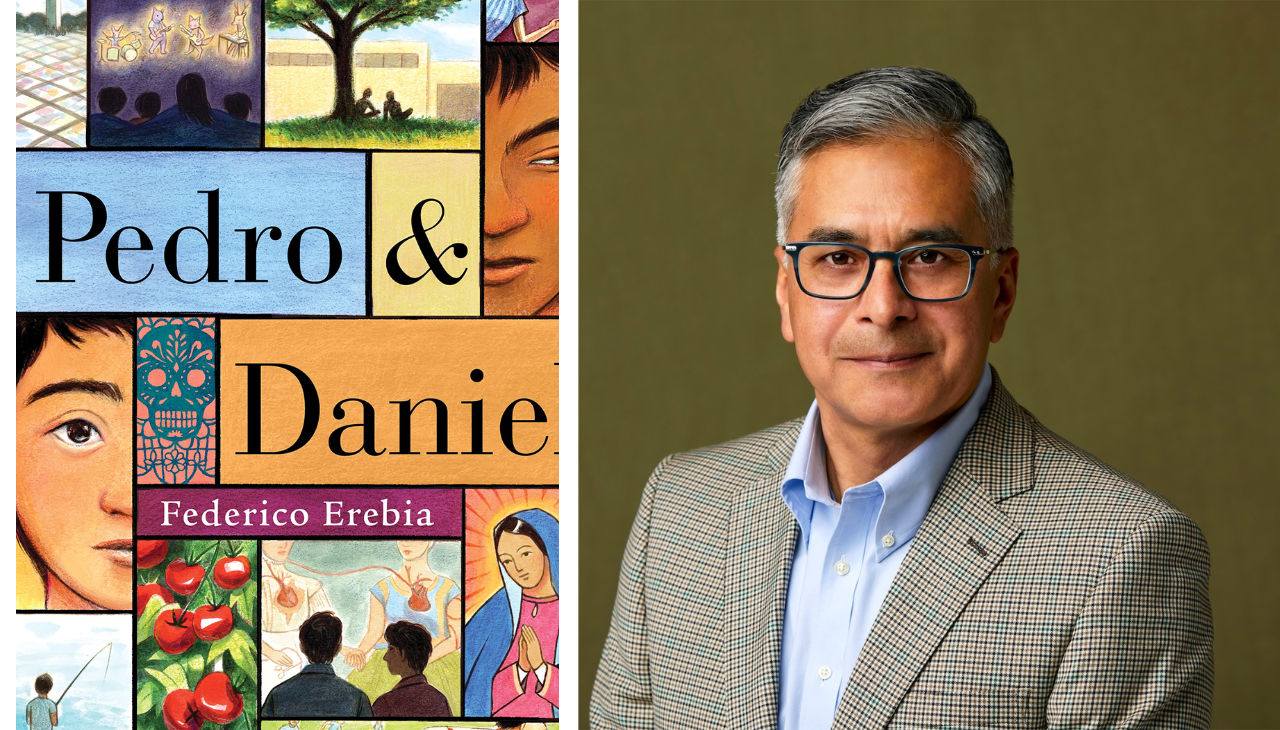
The best Ibero-American journalism of the year
On June 2, the 2022 King of Spain International Journalism Awards were presented, which for the past 39 years have recognized the work of Spanish- and Portuguese-language journalism professionals from the Ibero-American Community of Nations and from countries, which Spain maintains historical ties and cultural and cooperative relations.
The Awards have an award of 10,000 euros, at the level of the Pulitzer Prizes, which makes them as the most-recognized in the Ibero-American field.
The winners from a total of 240 entries from 17 countries come from Colombia (2), Mexico, Brazil, Venezuela and Spain.
"All of them [the award-winning works] have stood out in an uncertain panorama for freedom of expression; a panorama that is especially worrisome in Latin America. And they represent an Ibero-American journalism that resists in the difficulties and, in addition, fights every day to improve and oppose injustice, corruption and secrecy," said the president of the EFE, Gabriela Cañas, at the award ceremony.
The awards have been granted annually since 1983 by the Spanish Agency for International Development Cooperation (AECID) and EFE, and recognize the work of Spanish and Portuguese language journalism professionals from the Ibero-American Community of Nations and countries with which Spain maintains historical ties and cultural and cooperation relations.
After the presentation of the awards, King Felipe VI said a few words in which he stressed that "we live in an era of information overabundance, of the need for immediacy, for impact, for the here and now, and that, many times, implies information of easy consumption that does not contribute to improve societies, that does not encourage reflection. But what we have seen here today is a journalism that advocates deceleration and analysis, that focuses on quality and respect for its protagonists and users."
The best in narrative journalism
The prize for best narrative journalism was awarded unanimously to Colombia's Ricardo Calderón Villegas, director of Noticias Caracol, and journalist Juan Roberto Vargas, for their report "The Assassination of Haiti's President," broadcast on Caracol TV on Aug. 18, 2021. The report revealed in a solid and detailed way the assassination of the president of Haiti, Jovenel Moise, at the hands of Colombian ex-military members.
For this report, in which Colombian elites were stained with blood, the Caracol team suffered several lawsuits in court.
"What the lawsuits did was to encourage us more because we said: there is a great story," said Calderón in an interview with Casa América after the awards ceremony.
Best in photography
Colombia's César Luis Melgarejo Aponte was also awarded the photography prize for the photo "Resistir," taken during the national strike in Colombia in the early hours of Saturday, May 22, 2021. The photo was published in the newspaper El Tiempo that same day.
The jury highlighted the narrative force that the author has printed in a single image taken during the national strike in Colombia. The jury praised the mastery of the photographer, who portrays a clash of forces, difficult to capture, in an adverse situation and in the darkness of the night.
CONTENIDO RELACIONADO
Best in international cooperation and humanitarian action journalism
The international cooperation and humanitarian action journalism award went to Venezuelan journalists Valentina Oropeza and Salvador Benasayas, for the work "The Broken Promise: The Collapse of Social Security in Venezuela," published on Prodavinci, on Dec. 23, 2021.
As explained by data journalist Salvador Benasayas: "we started by compiling information on salaries of teachers and university professors in Venezuela. In addition to people earning the minimum wage. We worked on the report for more than four months. This time was also interrupted by the covid19 pandemic. During that time we took the opportunity to create our own data bank in the absence of officials or suspicions of lack of credibility towards them."
Environmental Journalism Award
The environmental journalism award went to Juliana Mori de Oliveira, Brazil and her team, for the work "Engolindo Fumaça," published by InfoAmazonía, on Aug. 23, 2021.
The jury highlighted the deep and thorough research, visualized in maps and graphs, and developed by a multidisciplinary team of journalists, geographers and statisticians, which combines scientific criteria and yields shocking results on the effects of air pollution caused by forest fires on the health of the Amazonian population. The exploratory data, documentation and methodology, together with COVID's serious case histories, make an example of rigorous scientific journalism.
Best in cultural journalism
The cultural journalism prize was awarded unanimously to Sergio Rodríguez Blanco, a Spanish journalist based in Mexico, for the report "Daughter of Cotton: A Profile of Cristina Rivera Garza," published in the magazine Gatopardo on March 23, 2021.
"I realized that there was no interview or profile so far that answered the questions I had about this renowned Mexican writer based in the United States," he explained. Six months of work before getting down to writing the profile of this renowned author, who just published Liliana's Invincible Summer, a reconstruction of the harassment suffered by the young woman and her murder 30 years ago.
The jury has valued the good workmanship of the work, a work of art in itself, for its ability to reflect the contribution of Hispanics to the creation of U.S. culture. The figure and stories of Mexican writer Cristina Rivera Garza, and a precious use of language, invite debates and reflections on power, gender or race, through the vision of the Hispanic immigrant.
Best media in Ibero-America
The Award for Outstanding Media in Ibero-America went to Civio, a Spanish nonprofit foundation, for its pursuit of transparency, truthfulness of data and accountability, all values that make up the raison d'être of journalism.










DEJE UN COMENTARIO:
¡Únete a la discusión! Deja un comentario.